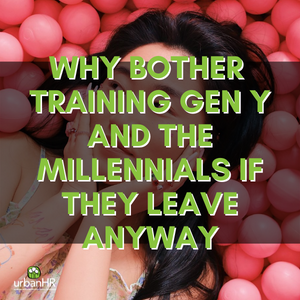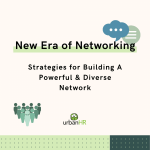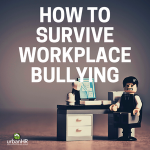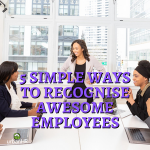
Why Bother Training Gen Y And The Millennials If They Leave Anyway?
It’s pretty apparent these days that employees don’t stay in jobs for life. Gone are the days when an employee gets a job and stays with the company for 20+ years, in fact, you’re lucky to have employees with you for long enough to get any entitlement to Long Service Leave.
There are, of course, benefits of having long-standing employees as well as bringing in new employees when a position becomes vacant. Long-standing employees will have a firm understanding of your company, will know the ‘ins and outs’ and will remember a time when things were done differently.
They can be a great knowledge resource and assist new employees in settling in and often take on the role of a ‘go-to’ person when people need to tap into knowledge from a past situation. They can, on the other hand, be stuck in their ways, be difficult to upskill or retain a ‘things were better in the past’ mindset.
New employees bring fresh ideas into the organisation, bring their own perspectives and experiences and in turn provide unique solutions to existing problems.
With an ageing workforce, there is now a gap of up to 50 years between your almost retiring ‘Baby Boomers’ Generation who are finding themselves working longer than they expected and the newer ‘Gen Y and Millennials’ Generations who bring with them their own challenges and a different mindset to the one your managers may be used to managing.
These days many people in both the younger generation and your Gen X employees will only stay in a new role for about 1.5 years!
After this time you may find them getting itchy feet and looking for the next challenge.
So do you train millenials or not?
As the saying goes,
‘If we train them they’ll leave anyway’ But what if you don’t and they stay?
Everyone wants to hire someone who comes with all the skills to perform the job or the technical requirements of the role.
The softer skills and management/leadership competencies are often learned on the job or provided by company management courses whether hosted in house or externally.

So if your company is looking to hire with the skills the training has to come from somewhere. Yes, you may spend time and money training someone, but these days Gen Y’s hunger for training and development and your company’s ability to provide this could be a make or break.
If you provide them with the opportunity to grow and develop in your company they’re less likely to move on as quickly. You may even keep them for 3 years in this case!
If you don’t put in the time to provide training to your employees they’ll move on, and you’ll find yourself starting from scratch in terms of bringing someone up to speed with the job role. Remember they say it costs up to 6 months’ salary to recruit a new role, this isn’t just tied additional salary but also the time it takes to train, the loss of knowledge and mistakes that are made during the training period.
Training doesn’t just have to be job-specific either. Exposure to different projects and cross-training in different departments will keep things fresh. Allow opportunities for people to gain new skills in a different area of the business through deployment to a project team, for example, this will go a long way in keeping them interested in their job.
So in short, if you want to keep your employees, you’ve got to train them!
As always, should you need some help, please get in touch.

